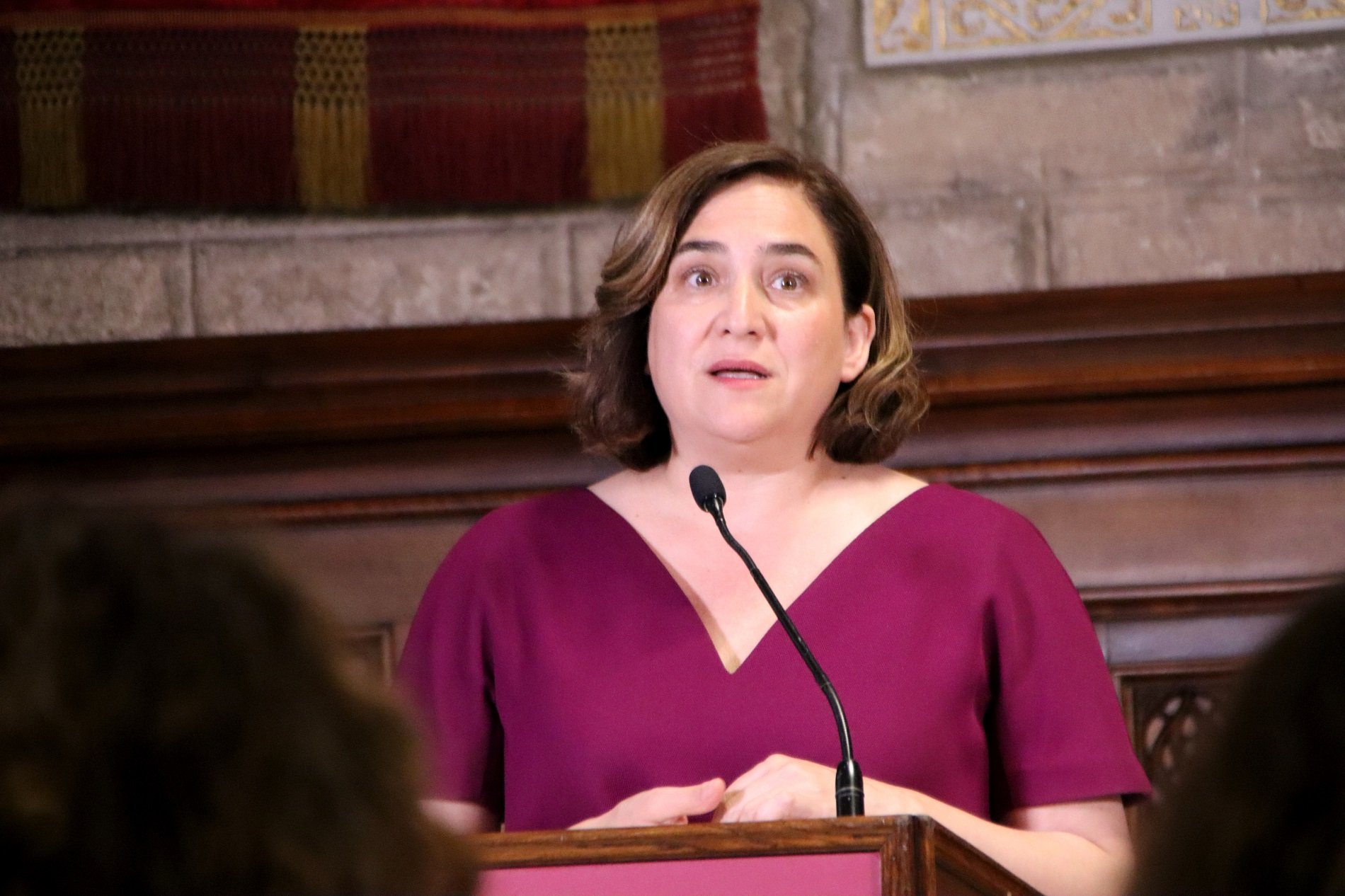Case dismissed. The judge of Barcelona investigative court number 21 has closed the case against the mayor of Barcelona, Ada Colau, over alleged irregularities in subsidies granted to social organizations, following the complaint filed by the Association for Transparency and Democratic Quality. In his ruling, judge Ignacio Sánchez concludes that "there has been no illicit conduct attributable", adding that Colau "did not issue a resolution of any kind" that might be considered a crime of abuse of authority on these subsidies, and for this reason, "the whole incriminating construction against the Comuns party leaders does not stand up." The judge states in his ruling that when Colau took office as mayor, she delegated the functions of granting subsidies, and for this reason she cannot be held responsible for them. According to the investigator, there is no evidence that Colau gave "instructions or any indications on granting assistance," as argued by the mayor's defence lawyer. "No irregularities are detected in any of the complaints."
Absence of irregularity
This resolution had been awaited for weeks, after the anti-corruption prosecutor saw no irregularities in the accusations and the judge, in a resolution last May, had scolded the body presenting the complaint for wanting to turn the case into a “prospective investigation”, by requesting the generic extension of the investigation to include broader inquiries into the social organizations under suspicion, after a municipal auditor had ruled out any irregularity in their statement to the court. Colau's lawyers, criminal lawyers Olga Tubau and Àlex Solà, asked for the case to be closed after a clarifying statement from the inspector, arguing "the absence of irregularity". Judge Ignacio Carlos Sánchez summoned mayor Colau to testify as a person under investigation in March. The Spanish nationalist group behind the complaint asserted that Colau and her government had favoured "friendly" organizations or those where the leader of Barcelona En Comú had worked, such as the DESC Observatory or the PAH. The Association for Transparency accused her of a series of crimes, from misuse of public funds to prevarication. In her statement, Colau explained to the judge that her government continued the direct subsidies that previous municipal governments had awarded, and that the bodies funded were “unique” in doing the task that was being subsidized.
Second case
At the same time, mayor Colau is facing a second criminal case, although so far it has not been clarified if she herself took any direct action in the matter. At the end of April, the Barcelona Audience partially upheld the complaint filed by the company Vauras Investments and ordered the judge of Barcelona investigative court number 18, which initially did not accept the complaint, to investigate allegations of coercion and abuse of administrative authority against Colau and her government, alleging that they threatened company owners with paralyzing their construction works if they did not allocate part of their blocks to social flats.
The court, acting exceptionally, instructed the investigating judge to request the files where the company was considered harmed to analyze them, an action already required by the judge Carmen García. The company also denounced the Colau government for extortion, which the court rejected, as it maintains that there was no violence, nor any offence of bribery, nor of revealing secrets. In addition to Colau, the following are accused: Lucia Martín, councillor for housing; Marc Serra, councillor for citizen rights, and Fuensanta Alcalá, head of the housing discipline and inspection department. Now, it remains to be seen whether any of the files under suspicion were signed by the mayor, as if not, she could be excluded from the investigation and not even called to testify in court.
Positive reaction by Colau
The mayor Ada Colau praised the closing of the first case and said she was satisfied that justice has been done, but above all because "the good name of the Barcelona city council, which does an impeccable and rigourous job in allocating subsidies" is preserved. "Not only is it good news on a personal level, it's also good news for democracy", said Colau. On the other hand, she said that these associations only seek to "stigmatize social entities that fight every day for the rights of the most vulnerable people."
Despite her satisfaction with the ruling, Colau called for a democratic reflection on who makes these types of complaints, who is behind them and who finances them. "We have 10 complaints that have been thrown out and we need a deep democratic reflection," said the mayor. She regretted that such actions seek to make noise and generate headlines. "Not all politicians are the same. Not all of us are corrupt," Colau said. "They only seek to intimidate those who, like the council, are standing up to those who are privileged."

